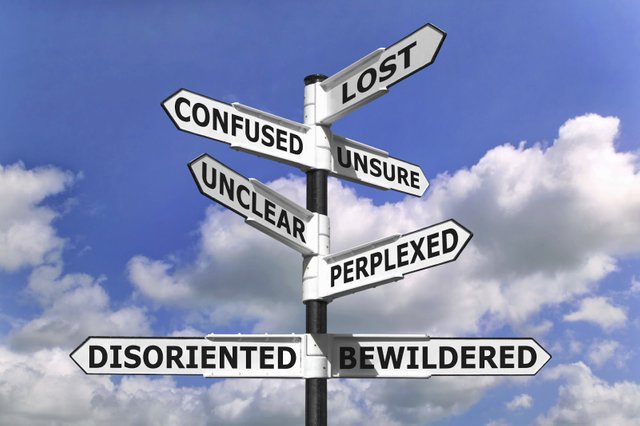Let's end the confusion of terms for vegans and non-vegans

A vegan diet say as much as a non-vegan diet about what the diet actually consists of and I often hear the confusion and lack of understanding from non-vegans. There is also confusion among new vegans about a vegan diet vs a whole food plant based diet so here is my attempt to bring some clarity which is created through the definition of terms.
Now a vegan diet is not the same as a whole food plant based diet and while both are vegan diets only one is actually considered healthy. Then you can mix organic vs non-organic in to the mix and you have a load of confusion right there for people because an organic vegan diet might not be as healthy as a non-organic whole food plant based diet depending on several factors. On top of this you have also vegetarians.
Ultimately a vegan organic whole food plant based diet is where we should move towards to regain health in both body and mind where the animals is being respected. So to clear up things for the one that are confused by all these terms, here are some definitions for you.

Veganism is a way of living which seeks to exclude, as far as is possible and practicable, all forms of exploitation of, and cruelty to, animals for food, clothing or any other purpose.
A vegan diet is one that consists of only plant-derived foods. Vegans don't use or consume any animals or animal products including flesh (land or sea animals), milk, eggs, or honey.
A vegetarian is someone who lives on a diet of grains, pulses, legumes, nuts, seeds, vegetables, fruits, fungi, algae, yeast and/or some other non-animal-based foods (e.g. salt) with, or without, dairy products, honey and/or eggs. A vegetarian does not eat foods that consist of, or have been produced with the aid of products consisting of or created from, any part of the body of a living or dead animal. This includes meat, poultry, fish, shellfish, insects, by-products of slaughter* or any food made with processing aids created from these.
A plant based diet consist primarily of plants but that can contain animal products too, it also contains processed foods, sugar, oil.
A whole-food, plant-based diet is centered on whole, unrefined, or minimally refined plants. It’s a diet based on fruits, vegetables, tubers, whole grains, and legumes; and it excludes all meat (including chicken and fish), dairy products, and eggs, as well as highly refined foods like bleached flour, refined sugar, and oil.
Organic food is the product of a farming system which avoids the use of man-made fertilizers, pesticides; growth regulators and livestock feed additives. Irradiation and the use of genetically modified organisms (GMOs) or products produced from or by GMOs are generally prohibited by organic legislation. Organic agriculture is a systems approach to production that is working towards environmentally, socially and economically sustainable production. Instead, the agricultural systems rely on crop rotation, animal and plant manures, some hand weeding and biological pest control’.
Non-organic foods, therefore, are either directly manufactured with or are indirectly contaminated by synthetic fertilizers, sewage sludge, irradiation, genetic engineering, pesticides or drugs.